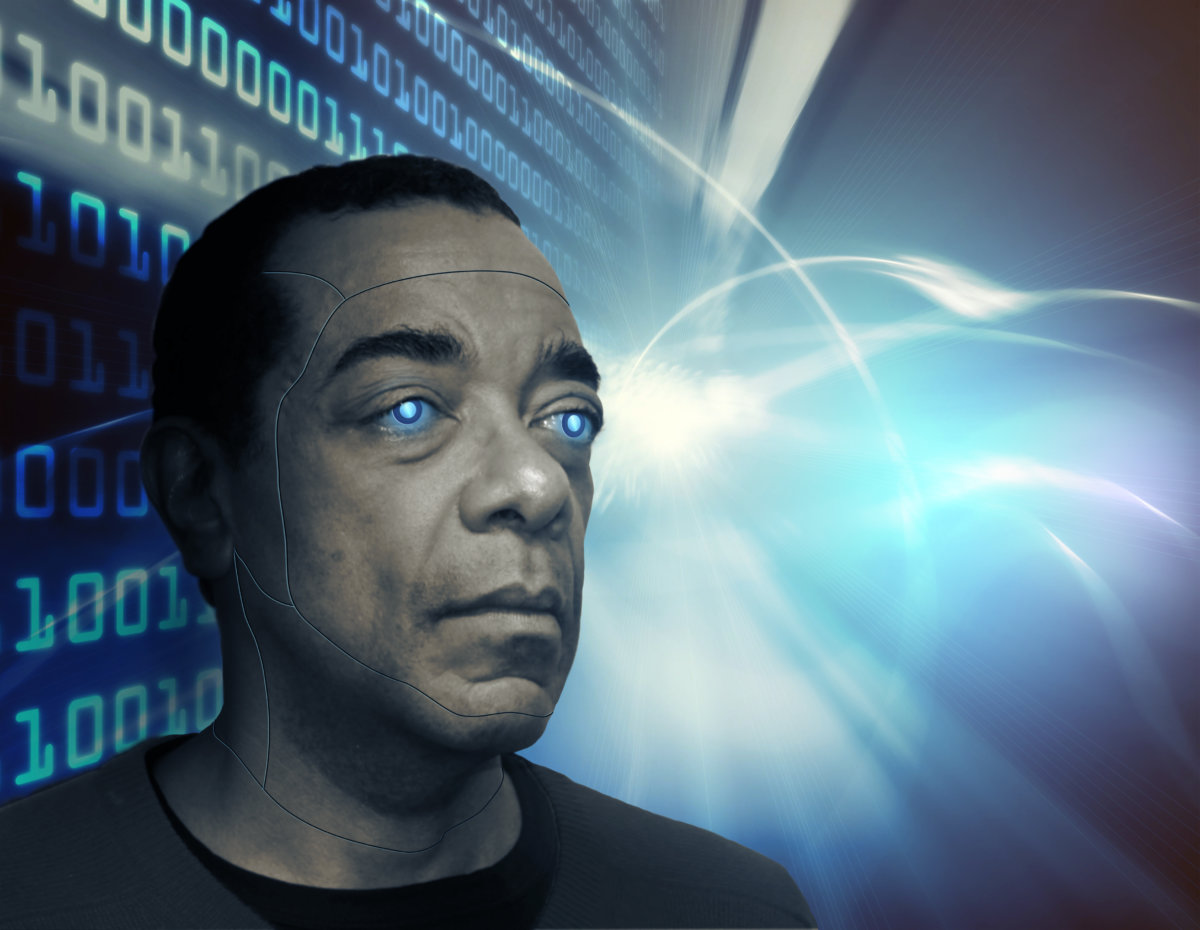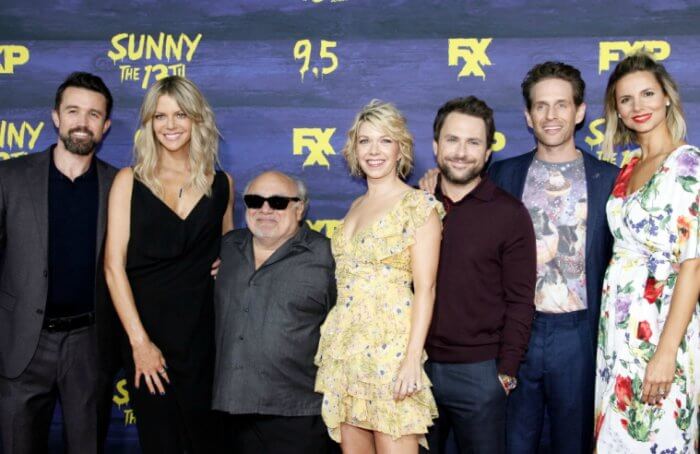Many of Thomas Gibbons’ plays have dealt with history and the way that we in the present are affected by events of the past. That past may be far off – dealing with George Washington’s slaves in “A House With No Walls” or a 19th-century Christian commune in “Silverhill” – or more recent, as when he tackled the MOVE bombing in “6221” or the battle over the Barnes Foundation in “Permanent Collection.” But with his latest play, “Uncanny Valley,” Gibbons casts his gaze in the opposite direction, looking to the future for the first time in his career.
“Uncanny Valley” is set in 2050, where a 70-year-old scientist named Claire who has spent her life working on the development of artificial intelligence must teach a newborn robot named Julian how to be human. The play, which stars Philly actors Sally Mercer and Frank X, has its world premiere this week at InterAct Theatre Company, directed by producing artistic director Seth Rozin. The origins of the play, Gibbons says, “came from my dentist’s office. A couple years ago I was waiting to go in and leafing through an issue of National Geographic, and I saw a photograph of a robot named BINA48. I was fascinated by this photograph and by the accompanying story, which was about how some scientists and organizations are investigating the possibility of downloading human consciousness into artificial bodies as a means of extending our lifespan.” BINA48 has become the face of modern robotics in more ways than one – consisting only of a bust-like head and shoulders but able to see, hear and engage in conversation. She, like every advance in artificial intelligence, naturally raises the question of what it means to be conscious – and what it means to be human. “‘What is consciousness?’ is an ancient question and one that we don’t have an answer to,” Gibbons says. “Although even now we have artificial intelligence that can pretty convincingly simulate a human intelligence, is that the same thing as consciousness? It’s such an amorphous difference, it’s very hard to put into words.” In the future
In some ways, Gibbons’ latest play deals with the same issue of the past’s impact on the present – only this time, his audience is living in the play’s past.
“I found it rejuvenating to write a play set in the future,” Gibbons says, going so far as to insist that he’s finished exploring historical events in his work. “I’ve reached an age where I’m thinking about what the world’s going to be like after I’m no longer here. I really want to write plays that are about the world that is happening, not the world that has already happened.” ‘Uncanny Valley’
Through April 26
The Adrienne
2030 Sansom St.
$22-$38, 215-568-8079
www.interacttheatre.org
Teaching baby robots in ‘Uncanny Valley’

Provided































